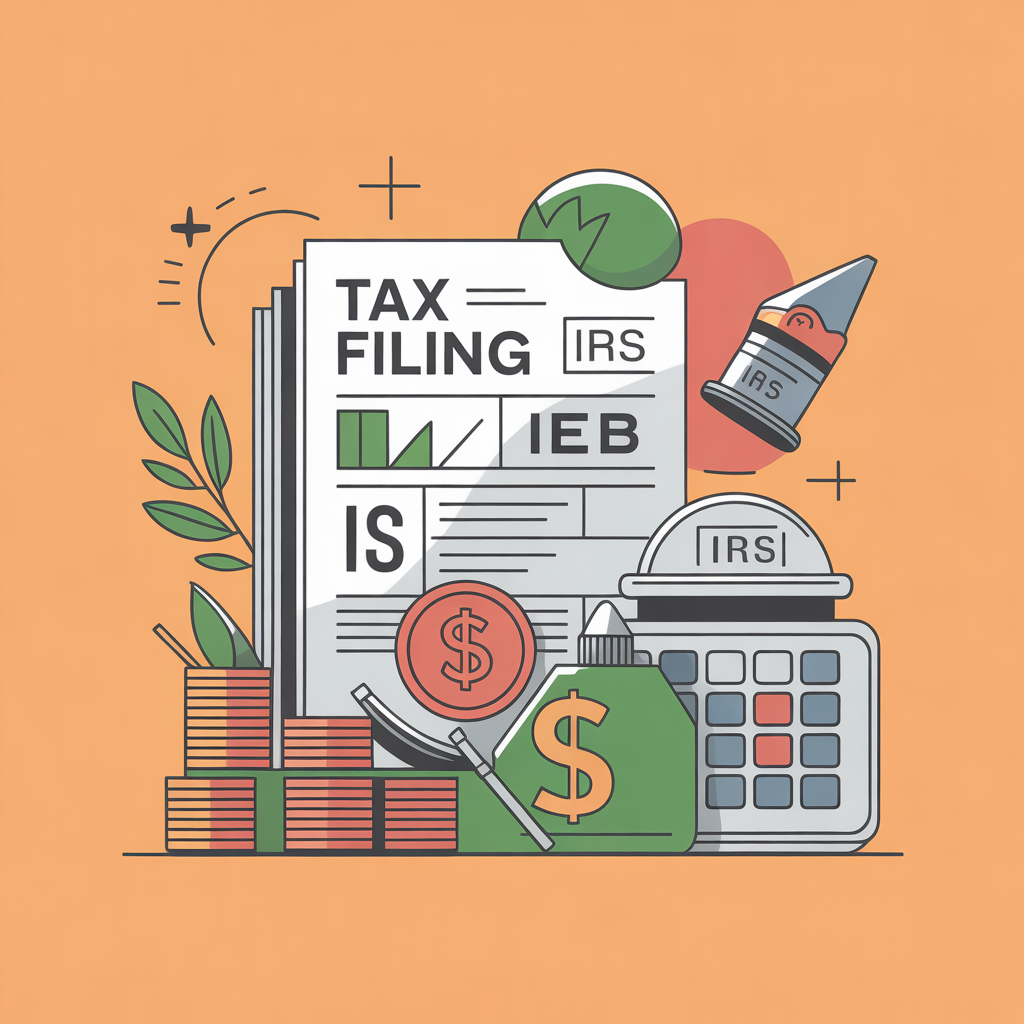Payroll compliance is a crucial yet complex aspect of running any business. With tax laws and labor regulations frequently changing, business owners must remain vigilant to avoid penalties, maintain compliance, and protect their employees’ rights. Navigating payroll compliance can be challenging, but staying proactive can prevent issues before they arise. In this article, we’ll explore what payroll compliance entails, why it’s essential, and provide strategies for keeping your business compliant amid ever-evolving regulations.
What is Payroll Compliance?
Payroll compliance involves adhering to federal, state, and local laws governing the calculation, withholding, and reporting of payroll taxes, employee classifications, and other payroll-related activities. For employers, staying compliant means ensuring that employees are paid accurately and on time, taxes are withheld correctly, and all records are documented according to legal requirements. Non-compliance with payroll laws can result in fines, legal action, and even damage to a company’s reputation.
Why Payroll Compliance is Important
Non-compliance with payroll regulations can lead to costly penalties. For instance, incorrect tax withholding can trigger IRS audits, while misclassifying employees as independent contractors can lead to back-pay obligations and legal disputes. Beyond financial consequences, maintaining compliance also demonstrates a commitment to employee rights and helps build trust. Employees expect fair wages, timely payments, and transparency, all of which are foundational elements of compliance.
Key Areas of Payroll Compliance
To stay compliant, it’s essential to understand the key areas of payroll regulations:
- Employee Classification
- Properly classifying employees as exempt, non-exempt, or independent contractors is crucial. Misclassifications can lead to wage disputes and back-pay obligations.
- Exempt employees are not entitled to overtime, while non-exempt employees must receive overtime pay as per federal or state laws.
- Minimum Wage and Overtime Laws
- Employers must adhere to the federal minimum wage as well as any state or local minimum wage requirements.
- Overtime regulations require employers to pay non-exempt employees at least 1.5 times their regular rate for hours worked beyond the standard 40-hour workweek.
- Tax Withholding and Reporting
- Payroll compliance includes accurately withholding federal, state, and local income taxes, as well as Social Security, Medicare, and unemployment taxes.
- Employers must report these withholdings to the IRS and state tax authorities on a quarterly basis and provide employees with a W-2 form annually.
- Record-Keeping Requirements
- Employers are legally required to maintain accurate payroll records, including wage history, hours worked, tax withholdings, and employment documents.
- Record retention timelines vary but typically range from three to seven years, depending on state and federal regulations.
- Employee Benefits and Deductions
- Employers offering benefits like health insurance, retirement plans, or flexible spending accounts must ensure that deductions are correctly calculated and comply with ERISA and other relevant laws.
- Family and Medical Leave Act (FMLA) Compliance
- If applicable, employers must comply with FMLA regulations, providing eligible employees with up to 12 weeks of unpaid leave and job protection for qualifying family and medical situations.
How to Stay Ahead of Changing Payroll Laws
With payroll regulations continually evolving, businesses must adopt proactive strategies to stay compliant. Here are some key steps:
- Stay Informed of Regulatory Changes
- Keep up with updates from the IRS, Department of Labor (DOL), and other relevant authorities to ensure your business aligns with new payroll laws.
- Subscribe to industry newsletters, attend webinars, or work with a professional payroll service to stay current.
- Conduct Regular Payroll Audits
- Periodic payroll audits can help identify potential compliance issues before they become problematic.
- Audits ensure accuracy in employee classifications, tax withholdings, overtime calculations, and benefit deductions, as well as verify that all payroll documents are current.
- Invest in Payroll Software
- Advanced payroll software can simplify payroll processing, reduce errors, and automatically update to reflect new tax rates or payroll laws.
- Many payroll platforms also offer compliance features, such as automated tax filing, reminders for filing deadlines, and secure record-keeping, which help businesses stay ahead of compliance requirements.
- Consult with a Payroll or HR Professional
- Consulting a payroll expert or partnering with an HR professional can be highly beneficial, especially for small to medium-sized businesses.
- Professionals can provide guidance on complex compliance matters, help clarify state and federal tax requirements, and keep your payroll practices in check.
- Educate Your Team
- Employees involved in payroll processing should receive ongoing training on current payroll regulations and compliance best practices.
- Providing your team with the resources they need to understand changing laws helps maintain accuracy and reduces the risk of compliance errors.
- Maintain a Compliance Calendar
- A compliance calendar helps track key payroll deadlines, such as quarterly tax filings, annual W-2 submissions, and record-keeping requirements.
- With a compliance calendar, employers can ensure no critical deadlines are missed, reducing the risk of penalties and staying on top of obligations.
Conclusion
Payroll compliance may seem daunting, but staying proactive and informed can greatly reduce the risk of non-compliance. By understanding the laws that govern payroll, using tools and professional resources, and maintaining accurate records, businesses can avoid costly penalties and ensure that employees are paid accurately and fairly. Adapting to changing laws is an ongoing process, but with the right approach, businesses can stay compliant and focus on what they do best – growing their success.
Staying ahead of payroll compliance is an investment in the future of your business and a commitment to supporting and respecting the team that helps it thrive.






